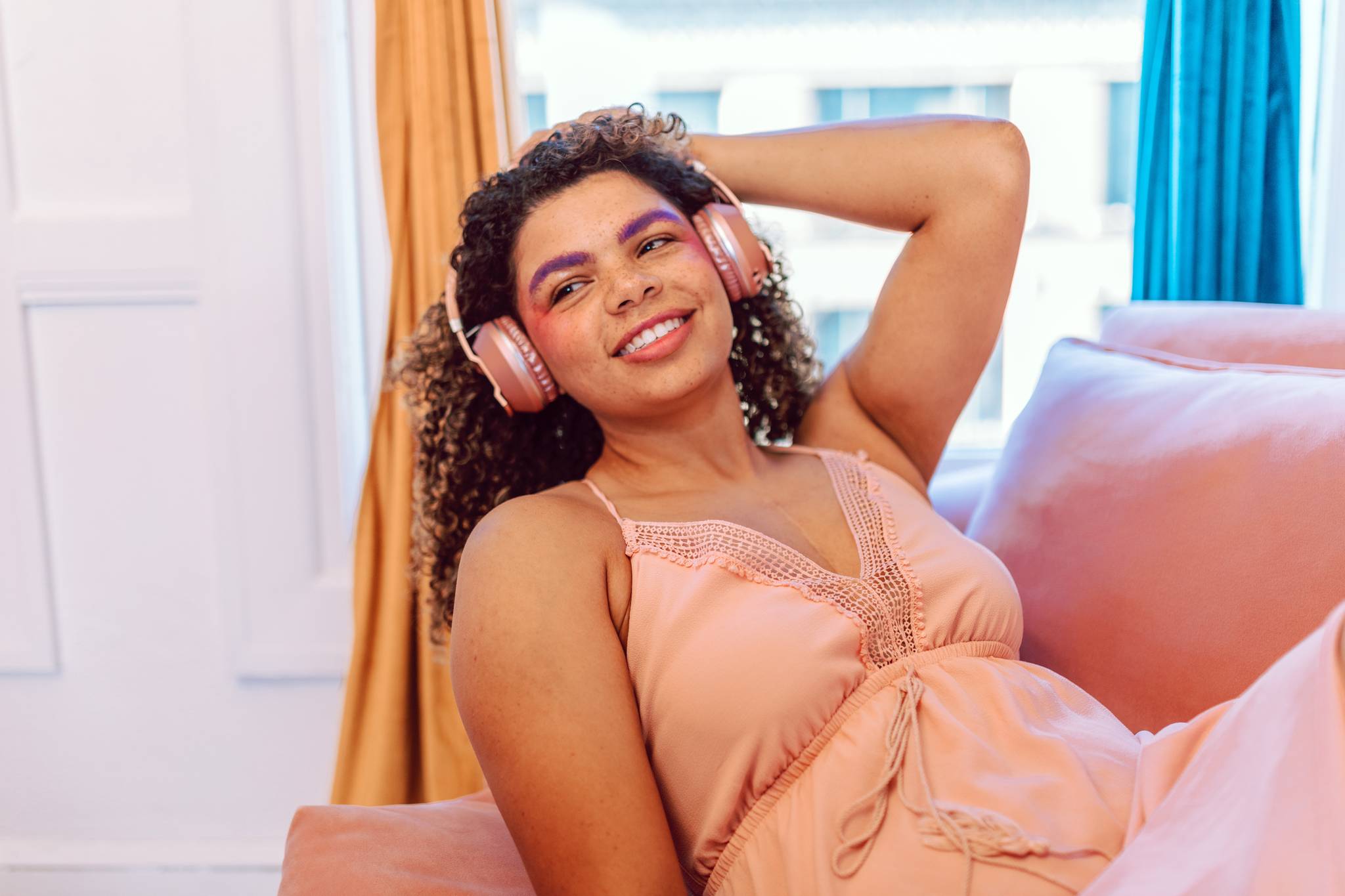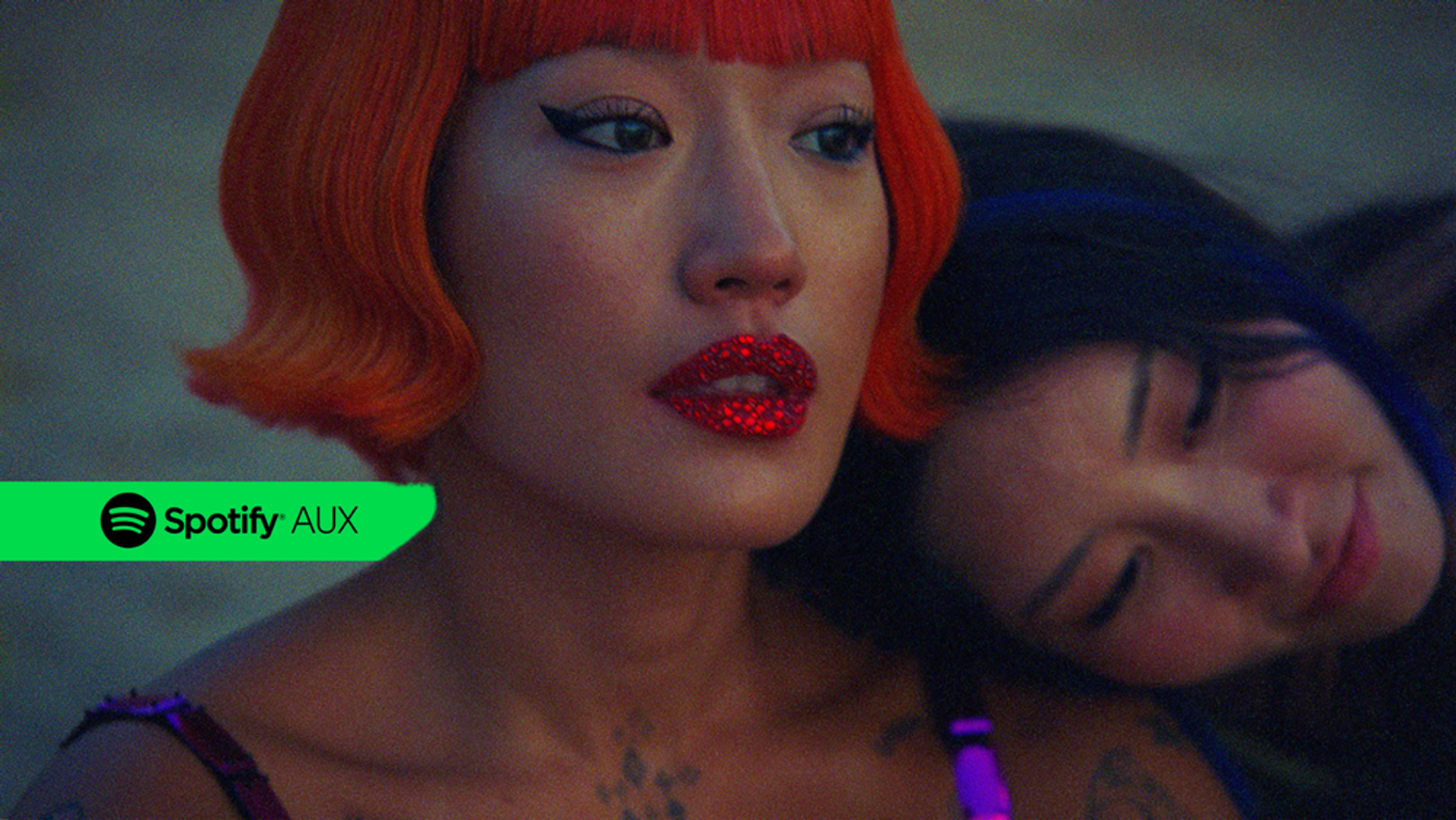
Since Universal Music Group removed its music from TikTok, users have been struggling to create content without their favourite songs. Some are finding humour in the situation, while artists navigate the loss of mass exposure. What does this change mean for TikTok’s musical future?
As you scroll through TikTok, you may have noticed some humming or singing in the background of videos instead of the songs you’re expecting. It’s not just people being silly in their videos - people are trying to make do now that all of UMG's music has disappeared from the app.
Universal Music Group (UMG)’s licensing contract with TikTok expired on January 31 and both companies failed to negotiate a new agreement, leading to the music company removing their entire catalogue. After the announcement of their decision, things got a little heated.
UMG slammed the social media platform for its lack of measures against copyright infringement and failure to compensate artists, publishing an open letter to artists and the songwriter community about their decision to call time on TikTok.
The music industry is fighting back, led largely by UMG’s CEO, who has accused YouTube of devaluing music, encouraged Spotify to change how it pays artists, pushed Meta to pay more for songs and has now pulled the plug on TikTok, the biggest social media platform of the moment.
On the flip side, many casual creators on the app are taking advantage of the strange circumstances TikTok now finds itself in. Older clips with unofficial sounds still feature many UMG songs and people are hacking the system by deliberately speeding up or slowing down music to bypass the new parameters.
Elsewhere, TikTokers are trying to fill in the silence by creating dance challenges to jingles and unlicensed sounds as well as mocking how ridiculous videos seem with their sound stripped of them.
However, creators who rely heavily on trending music have noticed a drop in views, whilst artists themselves are concerned that their primary form of self-promotion has completely disappeared and has affected their livelihood.
So what could this musical vibe shift mean for the industry at large?
Although major pop stars like Taylor Swift, Billie Eilish and Harry Styles have most visibly been removed from the TikTok sound catalogue, smaller UMG artists are criticising the decision for taking away opportunities for their music to go viral and boost their careers. It’s a catch 22 situation.
Some indie artists and record labels, however, are benefiting from this unexpected turn of events. Using hashtags like #indieartist and #umg to leverage the hype around the change, they are finding new audiences without the presence of big names on TikTok.
Even though not all indie artists are seeing their follower counts rise and music streams skyrocket, many are becoming the subject of Gen Z’s discovery of underrated music that fuels their appetite for expanded musical endeavours. It's a silver lining in these tricky times.
UMG’s TikTok removal signals an era of content that feels increasingly fragmented as the way people use social media changes. Creators are going to continue figuring out ways to sidestep limitations through more unconventional means, while at the same time mocking the institutions that no longer have their musical interests in mind.



